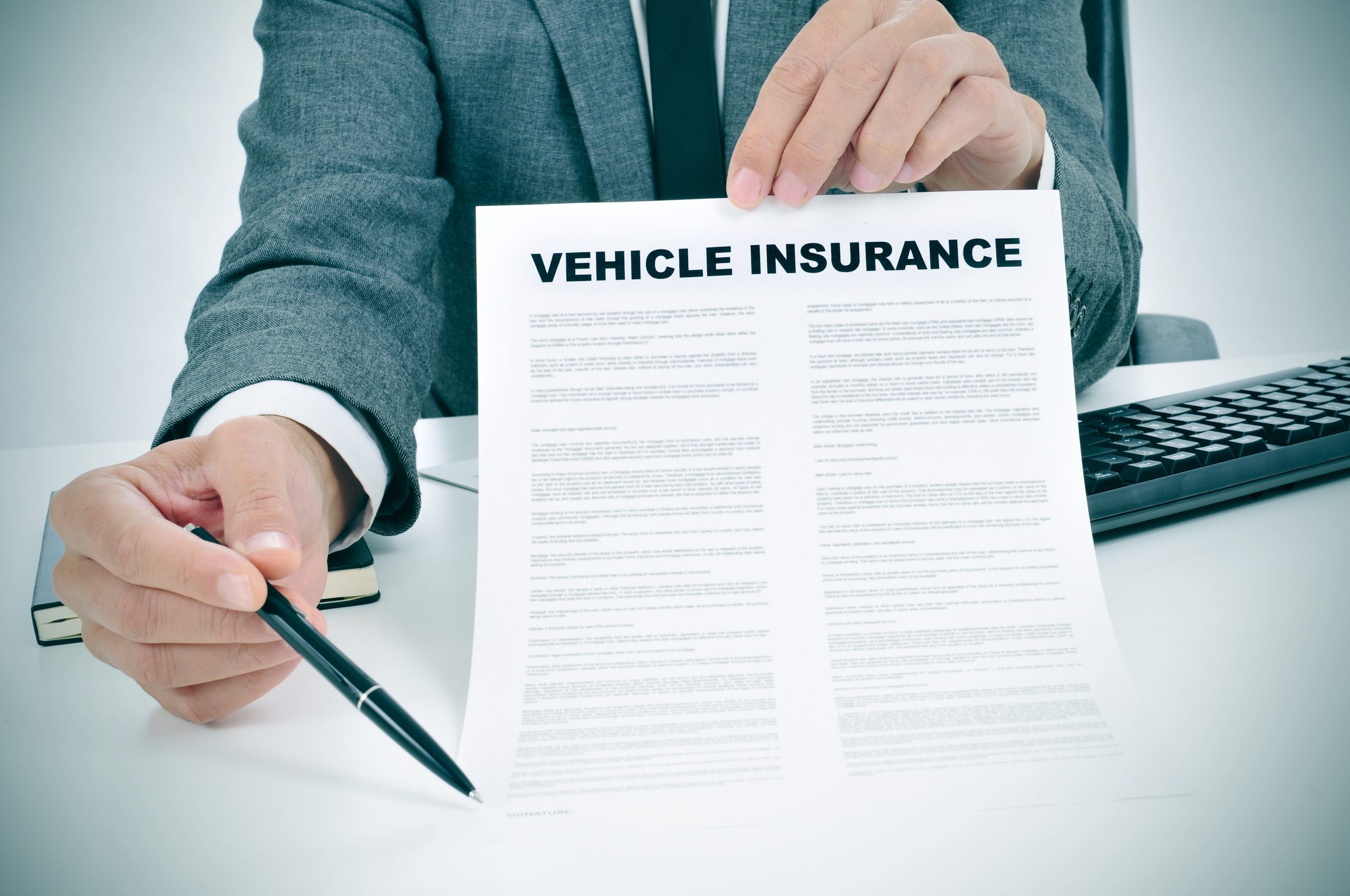
One of the many problems that can come with getting into an auto accident is the possibility of your insurance premiums increasing. Insurance companies make a profit by penalizing drivers who are at fault for auto accidents. Even if you were partly at fault for a crash, your insurance rates may increase. The insurance company will put you into a higher risk category. How much your insurance premiums will increase after an accident depends on the situation.
Car Accidents and Car Insurance Rates
Insurance companies want to minimize their financial risk. One of the ways insurance providers make money is by recouping their costs if they have to pay out a claim. They do this by increasing the at-fault driver’s premium rates after an accident. Since the crash shows that you are not as safe of a driver as other policyholders, you will have to pay a higher rate to counter the amount of risk you pose to the insurance company.
Under Texas’s fault insurance law, if you did not cause the crash, you will not have a premium increase. If you were at fault, your insurance premiums will not increase immediately after an accident. Instead, you will see a premium increase when it comes time to renew your auto insurance policy. At most insurance companies, the new, higher rate will last a maximum of three years. After that, your premiums should decrease to their original rate if you do not cause any additional accidents.
Average Insurance Premium Increases
Every insurance company and state is different in terms of rate increases. For the most part, however, how much rates increase correlates with the severity of the car accident. If you cause a severe drunk driving accident, for example, your insurance premiums will increase more than if you cause a minor fender bender. If your accident is severe enough, your insurance company may even drop you as a client.
The average insurance premium increase after an at-fault car accident in the US is 34%. This increase is for someone who has full insurance coverage, not just Texas’s required minimum amounts. This includes collision and comprehensive coverage. The amount your policy premium increases, however, depends on the laws in your state. In California, for example, the average increase is 73%. In Texas, the average premium increase is just 8%. Texas is at the very bottom of the list in terms of car accident premium increase amounts in the US. Texas is also one of the best states for cheap car insurance after an at-fault collision.
How to Save Money on Premium Increases After a Crash
No driver wants to pay more for car insurance. This is especially true if you also had to pay out of pocket for your medical bills and property repairs due to a lack of first-party insurance coverage. You may not have a choice, however, if your insurance company decides to raise your premium after someone files a car accident claim against you. Some drivers can keep the costs of their insurance coverage affordable, even after accidents, with a few tricks.
- Increase your deductibles. If your car insurance has a low deductible, consider increasing it to save on your monthly costs. You will have to pay out of pocket for the higher deductible on a future claim, however.
- Get rid of some coverage. You can cut the costs of your car insurance by removing some coverage if you are paying for more than Texas’s minimum required amounts.
- Switch insurance companies. Shop around and get price quotes from other insurance providers. You may qualify for a discount or deal as a new customer. Another company also may not put as much weight into your car accident.
If the car accident was not your fault, your insurance premiums should not increase in Texas. If you live in a no-fault state, however, your premiums can increase whether you caused the accident or not. You may be able to negotiate the price of your insurance coverage down by contacting your insurance company. Otherwise, try another way to lower your premiums.
